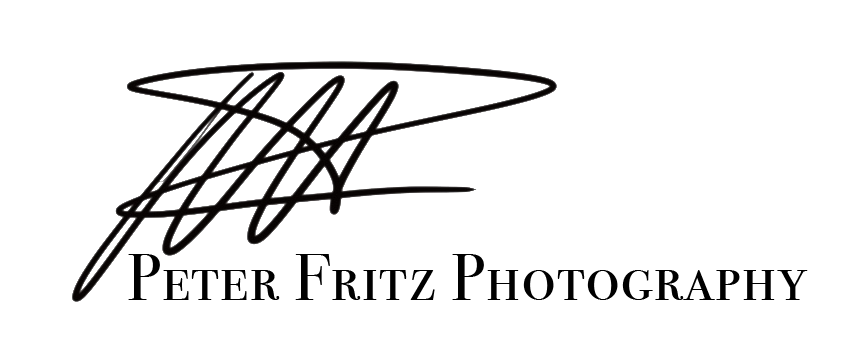Wasting time doing Long exposures, Don't think so Part 1
Sullivans Bay, Sorrento: Smoothing out the water to enhance reflections and create a sense of calm, while enhancing the movement of clouds transforms our perception of a scene, as it is the reverse of what the eye usually sees.
For me long exposure (LE) photography seemed an obvious choice of genre to explore when I was deciding on a style of photography to pursue. The first examples that made a huge impression on me were from greats like Michael Kenna and George Digilakis - they completely blew me away. Long streaky clouds, ethereal still waters, stunning reflections and a completely different way of highlighting a static subject by reducing the surrounding distractions drew me in. It was like seeing the world transformed and I knew I just had to learn how to do it. It turns out that the slow and time consuming process of capturing these images excites me as much as manipulating them once I get home, even if I come back with only 2 photos from a 1 hour photo shoot.
I get pleasure from all parts of the process of creating an image. It starts with finding a location either on Google maps or seeing locations on Instagram and then working out the best time of day or tide height to shoot them. Once on location, after deciding on a composition, setting up the camera and checking my settings I start my exposure and start to relax - if things are going well. As most of my exposures end up being between 5-7 minutes I use this time to really look around and take it all in. I find these moments extremely relaxing as it's usually quiet, I'm by the sea, a river or a lake and there's no one bothering me. It's the perfect antidote to my usual day job where I have to make hundreds of decisions an hour, have an incredible amount of responsibility and talk non stop to people in person and on the phone. The two situations couldn't possibly be any different.
Removing the distractions of the waves allows the focus to remain on the pier while a sense of time passing is achieved by the elongation of the passing clouds.
Once the shot is taken my camera then needs time to process, do it's noise reduction thing which adds on another 5-7 minutes and during this time I pack up and move to another location or recompose and repeat the process again. This is why I may only get 2-3 photos an hour. While it may seem like a waste of time, this process of slowing down is incredibly therapeutic and grounding and has become a form of mindfulness or meditation in some way.
Now all of the above happens when things are going well and that's not always the case. There's plenty of opportunity for things to go wrong at all stages of this process. I arrive and the light's wrong, the clouds are boring and heading in the wrong direction, or they're too slow. The wind becomes my enemy throwing seaspray onto my lens and filters or it's blowing so hard that my camera rocks back and forth despite me weighing the tripod down with my back pack and gently trying to hold everything still for 5 minutes while I'm getting buffeted by the wind. Rain really sucks, not because I'm concerned about my gear, as my camera is weather sealed but because of water drops in my image! These are a pain in the arse to get rid of even in Photoshop. And then there are the dogs who are drawn to my tripod legs as if they we're giant sausages. This usually happens part way through an exposure and they start sniffing around or try to rub their backs on my tripod or drop a ball dangerously close hoping to engage me in an annoying game of fetch while their owners look on smiling, thinking how cute it is. It's not, piss off!
If I haven't dropped a filter in the sand, forgotten to focus, left the camera in JPEG mode rather than RAW and if I've managed to avoid all of the above then I get an image that I can work with. And although it suddenly doesn't sound so serene as I described earlier I still find it incredibly relaxing yet thrilling as there is so much to be gained when it all goes right but the simplest of things can mean I've just wasted 20 minutes of my life. For me it's a total mix of emotions, but usually all positive and the next stage is just as exciting.... the great reveal... downloading into Lightroom to see if my time has yielded diamonds or just a bunch of coal.


